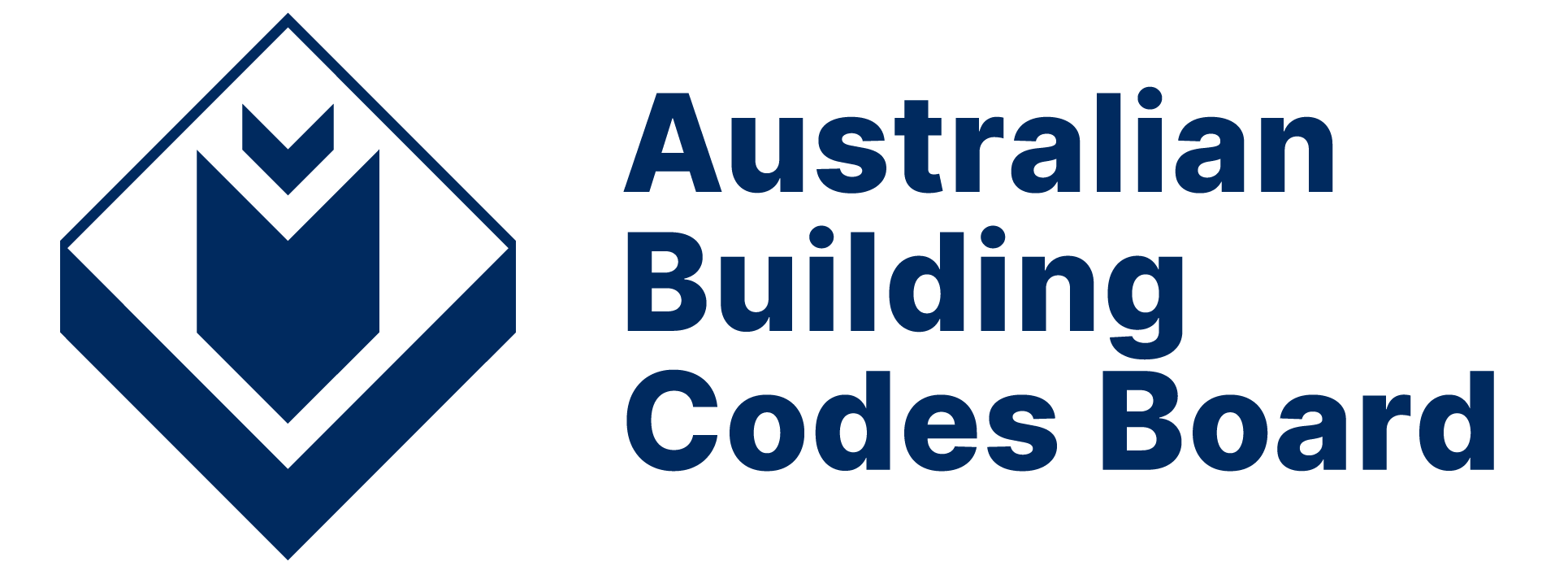Discussion paper: Draft National Building Product Assurance Framework - A Response to the Building Confidence Report
Feedback updated 21 Dec 2021
We asked
We sought your views on what was needed to provide more certainty in compliance pathways for building products; reducing the cost of compliance and the likelihood of defects.
You said
We received 47 responses. Responses supported the need for greater controls on the supply of building products, clearer rules on their appropriate use in building projects and stronger enforcement. You provided advice on how this can work better within the existing frameworks and through the product conformance infrastructure and traceability standards.
We did
The BCR Implementation Team used your feedback to inform a National Building Product Assurance Framework.
The national framework was endorsed by Building Ministers and is available for state and territory consideration and implementation.
Published responses
View submitted responses where consent has been given to publish the response.
Overview
In 2017, Building Ministers commissioned an independent expert examination of systemic problems affecting compliance with the National Construction Code(NCC). The resulting Building Confidence Report (BCR) made 24 recommendations for a best practice model for compliance and enforcement, to strengthen effective application of the NCC.
Recommendation 21 of the BCR is that: Building Ministers agree a position on the establishment of a compulsory product certification system for high-risk building products.
Following initial analysis by the BCR Implementation Team, the Australian Building Codes Board (ABCB) advised Building Ministers that a compulsory scheme for high risk building products may not address the compliance issues identified in the BCR. Building Ministers subsequently agreed to consider “a holistic package of measures to provide a reliable conformity assessment framework, including product conformance information, particularly where those products are used in complex buildings.”
In response to this, the BCR Implementation Team has prepared a discussion paper to aid in the development of a National Building Product Assurance Framework. The Framework seeks to address the problems associated with building product safety.
The paper explores a number of areas for reform and seeks your views on the current problems and proposed solutions.
You can access the discussion paper below or download a copy at the bottom of this page.
Why your views matter
The discussion paper explores a number of areas for reform and seeks your views on the current problems and proposed solutions.
Feedback received via the consultation survey will shape the final National Building Product Assurance Framework.
Providing comment
Comments are open until 11:59PM AEST Sunday 6 June 2021. Only comments submitted using the online form will be considered.
A preview of the consultation form is provided below.
What happens next
The BCR Implementation Team appreciates your feedback.
Following your feedback to the discussion paper, the final proposed National Building Product Assurance Framework will be presented to the Australian Building Codes Board for its consideration.
Audiences
- Building: Commercial and Residential
- Building: Commercial
- Building: Residential
- Building Certification/ Surveying
- Architecture and Design
- Engineering
- Plumbing
- Legal and Finance
- Specialist - disability access
- Specialist - energy efficiency
- Specialist - fire safety
- Specialist - health
- Specialist - hydraulic/plumbing
- Students and apprentices
- Education
- Community and Non-Government Organisations
- Government
- General Public
- Building and plumbing products
- Compliance, testing and accreditation
Interests
- Energy efficiency
- Fire safety
- NCC Performance Requirements
- Building services
- Disability access
- Health and amenity
- Sanitary plumbing and drainage
- Structural safety
- Water services
- Disability access
- Building services
- Energy efficiency
- Fire safety
- Health and amenity
- Sanitary plumbing and drainage
- Structural safety
- Water services

Share
Share on Twitter Share on Facebook